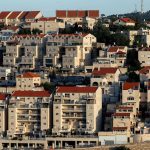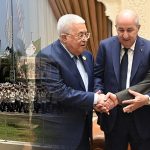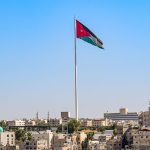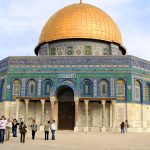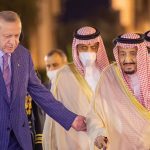Outrage at Israeli Prime Minister Benjamin Netanyahu’s remarks on the Al-Aqsa compound’s sovereignty
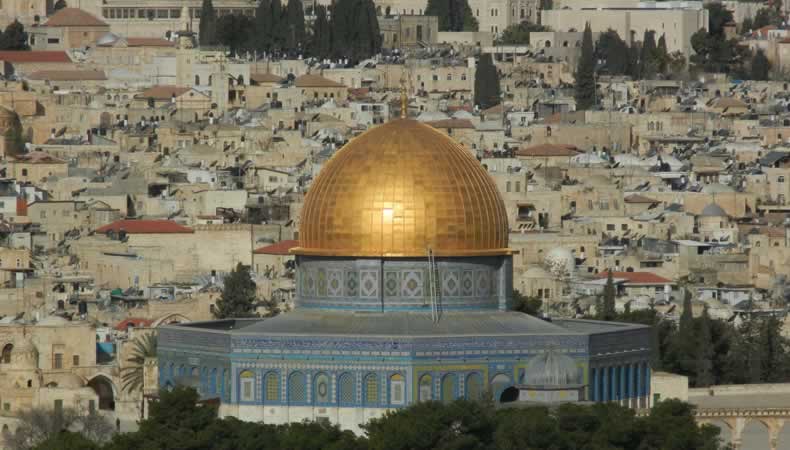

“We oppose any foreign meddling,” Bennett proclaimed as he revoked Israeli-Jordanian accords on controlling the Al-Aqsa Mosque compound and prohibiting Jewish settlers from entering its courtyards. “Decisions regarding Al-Aqsa Mosque and Jerusalem will be determined by the Israeli government,” Bennett stated at the start of a Cabinet meeting on Sunday.
He also stated that Israel would continue to treat people of all faiths with respect in Jerusalem. On Sunday, the Jordanian Parliament’s Palestine Committee termed Bennett’s assertions about Israel’s sovereignty over Al-Aqsa “irresponsible,” and warned him not to “try the patience of two billion Muslims.” Bennett’s speech was slammed by the committee as an attempt to incite religious violence in the area, labeling it a coup against the historic realities of the Al-Aqsa Mosque and Jerusalem.
Related Posts
Mohammed Al-Zahrawi, a Jordanian MP, described Israel as a colonial occupying authority that engages in terrorism and crime against Palestinians and lacks religious, historical, and legal legitimacy in Jerusalem. Jordan’s rejection of the temporal and spatial separation of Al-Aqsa was underlined by the Palestine Committee, which also stated that Jerusalem will remain the Palestinian capital.
The Islamic Awqaf in Jerusalem informed Arab News that “no structures have taken place about such talks” after Jordanian and Israeli officials promised to meet after Ramadan to discuss arrangements surrounding Al-Aqsa Mosque. The director of the Islamic Awqaf, Azzam Al-Khatib, told Arab News that he had not been notified of any meetings or visits. Jordan and Israel have agreed to allow foreign tourists to visit Al-Aqsa, but not religious rites, as many Jewish settlers have attempted on multiple times.
Jordan decided to keep its unique position in the mosque complex as part of the Israeli-Jordanian peace deal, with each party granting access to religious and historical sites. The two sides also committed to collaborate in order to develop connections between the three monotheistic religions, as well as to promote religious understanding, moral commitment, religious freedom, tolerance, and peace.
Meanwhile, Palestinians are requesting that an image of a temple be removed from the Mughrabi Gate, through which hardline Jewish settlers access the site, on the grounds that it serves as a reminder of their ambition to replace the Dome of the Rock. “Bennett is wrong, and Israel and Jordan have an agreement that provides Jordan a special position at Al-Aqsa,” said Gershon Basking, a famous Israeli peace campaigner.
He went on to say that the Jordanian Awqaf should be reinforced, expanded, and empowered, and that appropriate cooperation between the Awqaf and Israeli police should allow the police to avoid entering the property. Non-provocative visits by non-Muslims should be permitted, if not encouraged, according to Baskin, who also suggested that Awqaf members assist such trips and utilize them to discuss Islam and the holy locations.
Bennett’s comments were in reaction to Mansour Abbas, the United List’s leader, who declared on May 7 that his party’s position was determined by agreements reached between Israel and Jordan about Jerusalem’s sacred sites. For Sunday, the United List indicated that its members will not vote on a bill offered by the Likud party to dissolve the Knesset next Wednesday.
Right-wing parties in Israel are worried, according to Israeli media, that the Joint List would vote against the dissolution of the Knesset and abandon the plan, making it difficult to offer another for six months.

